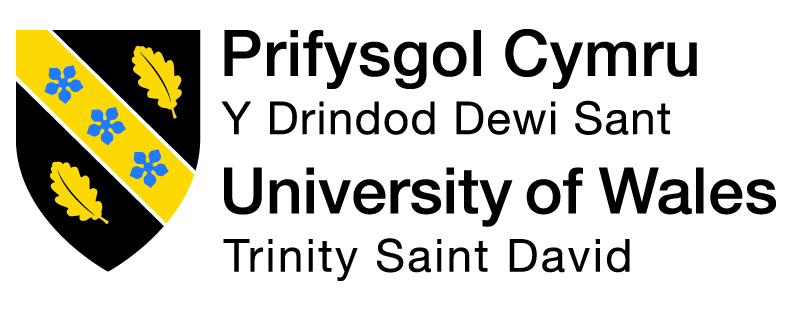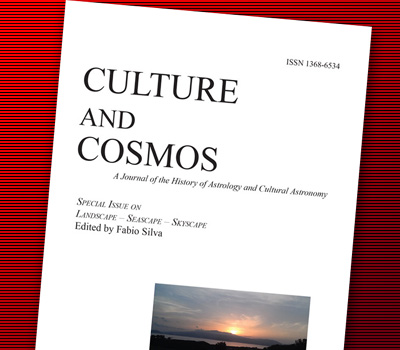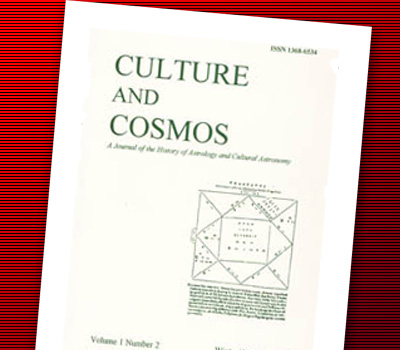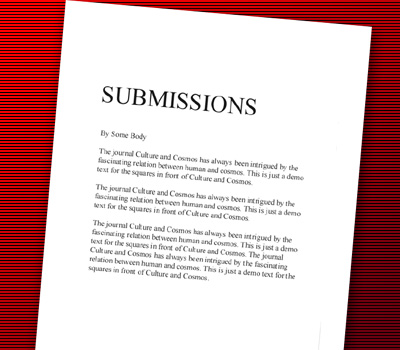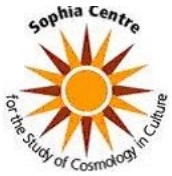We are currently seeking submissions for future volumes of Culture and Cosmos.
Volume 18 - 2
Paradise Lost and the Descent of Urania: from Astrology to Allegory
Richard Angelo Bergen
Abstract
John Milton's cosmic portraiture in Paradise Lost is relevant to the nature, function and meaning of the actors therein, and this essay aims to analyse one such inhabitant: Urania, Milton's muse. Milton calls upon Urania to govern his song, and he does so in the context of a cosmologically charged set of epic books, raising her traditional associations as the goddess of astronomy, and linking her with music. However, he also radically Christianizes/allegorizes Urania, ousts her from her home in the crystalline spheres, and exorcises her of astrological powers. Accordingly, this essay describes Ptolemaic cosmology and Urania's place within it, treating Bernardus Silvestris's Cosmographia as representative in this respect. My essay argues that Milton rejects the old view, using the Cosmographia as a counterpoint. I draw on a new crop of Milton scholarship attentive to the influence of the new astronomy on the epic poet, adding my own adumbrations to their findings. Milton's invoking 'the meaning not the name,' his interest in the semiotics rather than the substance of Urania, is concomitant with rejecting the cosmos in which she was said to have her place as a celestial intelligence.
Citation
Richard Angelo Bergen, 'Paradise Lost and the Descent of Urania: from Astrology to Allegory', Culture and Cosmos, Vol. 18, no. 2, Spring/Summer 2014, pp. 105-124.

